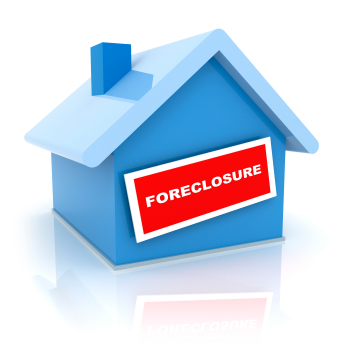Buying a Home? Remember the The 5-Year Rule
There are many factors that go into the decision to buy a home. One of those factors is how long you expect to stay in the home. This applies whether you are a first time homebuyer or stepping up to a larger home. The length of time you stay in a home affects the financial outcome of that ownership.
 Here’s a summary of some thoughts from moneyning.com and the 5-year rule for buying a home. There is a tendency for younger buyers to go through 3-year upgrade cycles. Why? Newer and younger buyers typically experience significant increases in income in their younger years.
Here’s a summary of some thoughts from moneyning.com and the 5-year rule for buying a home. There is a tendency for younger buyers to go through 3-year upgrade cycles. Why? Newer and younger buyers typically experience significant increases in income in their younger years.
As income increases their ability to afford a larger mortgage increases and the desire for a larger house sets in. There seems to be an assumption that buying is more cost effective than renting. Click here for a perspective on ownership costs vs. rent. That thought process occurs, on average, every three years.
The 5-year rule states that generally you should plan to stay in a home you’re buying for at least five years. That is for two primary reasons…
- The first reason is closing costs. Every time a home changes hands both the buyers and the sellers put money on the table just to make the transaction happen. These costs can easily add up to thousands of dollars. Those dollars provide no real financial benefit to the buyers or sellers except to allow the transaction to happen.
- The second reason is the payment of interest on the mortgage. A mortgage payment has two components – payback of the principal of the loan borrowed and interest on the amount borrowed. Because typical mortgage payments remain the same during the life of the loan the proportion paid on the two components changes. In the early years the payment is almost all going to pay interest and very little to principal. As the principal is gradually paid down the portion going to interest diminishes and the portion going to the principal increases.
According to author Thursday Bram “it isn’t until you’re about five years into paying down your mortgage that you’ve made enough progress on the principal to make it a better deal than paying rent each month.”
Here’s how to beat that average…don’t buy the biggest house you can just because a lender tells you what you can afford. Instead, consider buying smaller and then adding extra money to your monthly payments. That extra money will go entirely to paying down the principal loan – that means you will pay less interest over the life of the loan and you will create more equity because you are diminishing the principal balance faster.
However, if you’re not going to stay in your home five years you should probably consider renting.
 The process is impersonal at best
The process is impersonal at best 1. Don’t spend the maximum amount on a mortgage a lender will loan.
1. Don’t spend the maximum amount on a mortgage a lender will loan. As with most any financial transaction, experts disagree about the advantages and disadvantages of an early payoff. Most, however, will tell you that the decision to pay off your
As with most any financial transaction, experts disagree about the advantages and disadvantages of an early payoff. Most, however, will tell you that the decision to pay off your  Realtors routinely urge prospective buyers to get pre-approved for a loan before they even begin
Realtors routinely urge prospective buyers to get pre-approved for a loan before they even begin  these stringent requirements will lessen anytime soon. This tight credit situation affects would-be
these stringent requirements will lessen anytime soon. This tight credit situation affects would-be  which
which 



